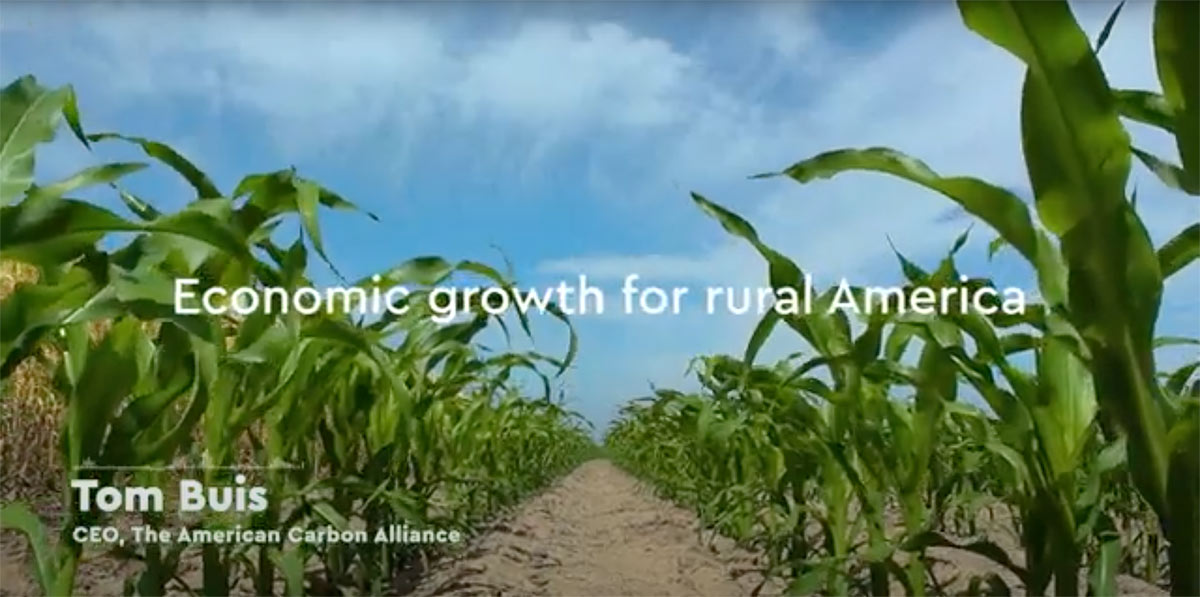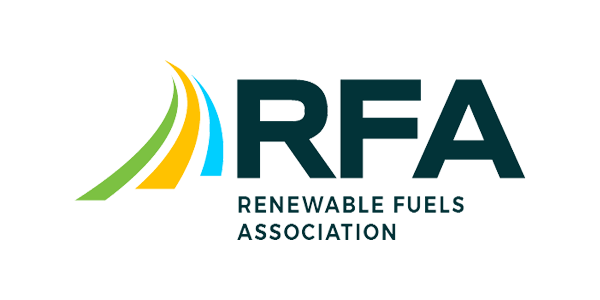What is Carbon Capture and Storage?
According to the National Energy Technology Laboratory, carbon capture and storage (CCS) is the separation and capture of carbon dioxide (CO2) from the emissions of industrial processes prior to release into the atmosphere and storage of the CO2 in deep underground geological formations.
Carbon capture technology is not new; in fact, it’s been utilized in the United States for nearly 50 years.
The CCS industry is expanding rapidly around the globe.

CCS is Critical to the Economic Infrastructure of Rural America
In the Midwest, ethanol producers are eager to utilize CCS to help lower the carbon index score of the fuel they produce as it would open new markets for their product.
Ethanol-based Sustainable Aviation Fuels (SAF) will be critical to the aviation industry meeting its emission-reduction goals.
The aviation industry demands over 100 billion gallons of jet fuel annually, and that number is expected only to grow.
The US. Department of Energy has established a goal of generating at least 3 billion gallons of SAFs by 2030 and, by 2050, sufficient SAFs to meet 100 percent of U.S. aviation fuel demand.



































